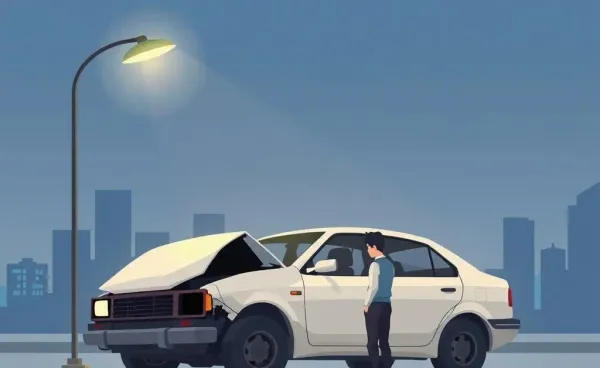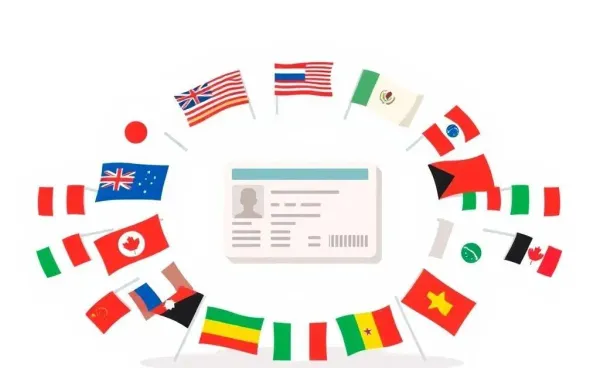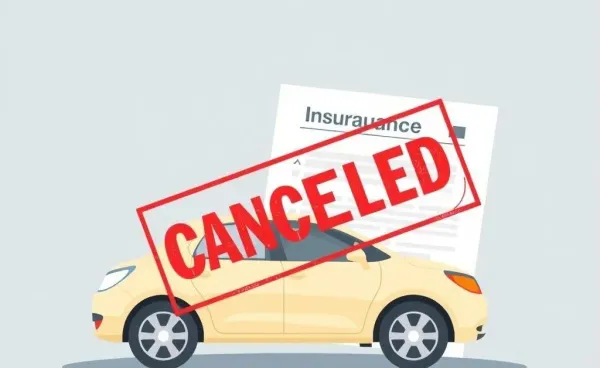Navigating the Bumpy Road of Auto Insurance Claims: What to Do When You're Not at Fault
Discover what steps to take when your car is totaled in an accident and you're not at fault.
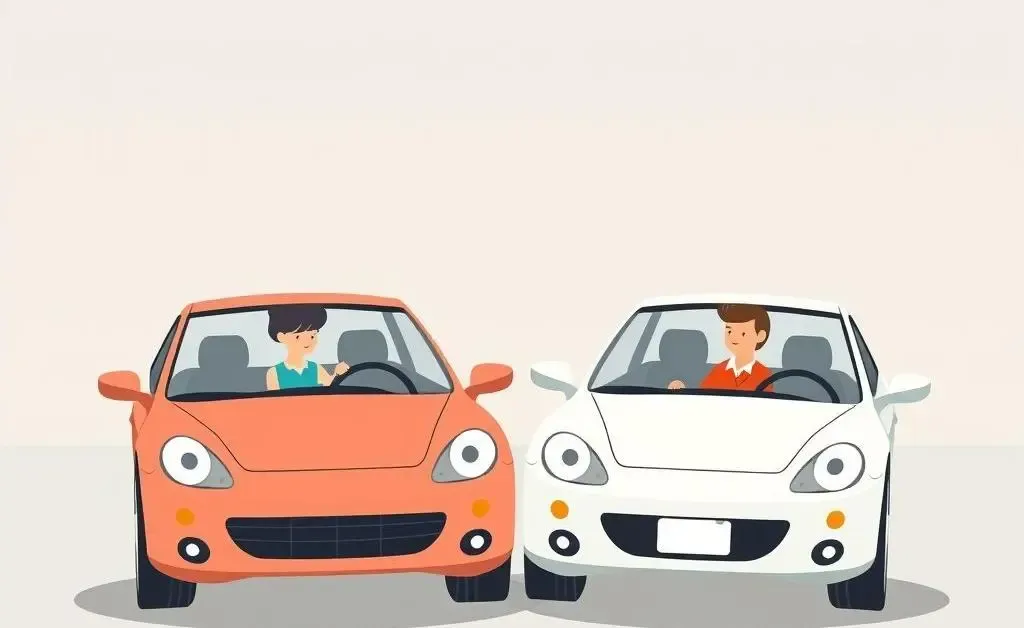
Imagine this: you're driving home from a fun day out. The sun is setting, your favorite song is on the radio, and then — crunch! You're rear-ended by another driver. It's a jarring experience, and now your car is totaled. But here's the twist: you're not at fault.
Understanding the First Steps
In the immediate aftermath of an accident, it's crucial to stay calm and gather all necessary information. Here's a little checklist to keep handy:
- Ensure everyone's safety and call emergency services if needed.
- Exchange insurance information with the other driver.
- Document the scene with photos and notes.
- Identify any witnesses and obtain their contact details.
Once you've taken these initial steps, it's time to brace yourself for the insurance claims process.
Insurance Claims: The Basics
Since you're not at fault, you might assume that the other driver's insurance will cover everything. While that's typically the expectation, the reality can sometimes be more complex. Here's what's usually involved:
Contacting Your Insurance Provider
Your first instinct might be to let the responsible party's insurance handle everything. However, it's wise to contact your own insurance company right away. They can offer invaluable advice and may even process the claim for you, then seek reimbursement from the other driver's insurer.
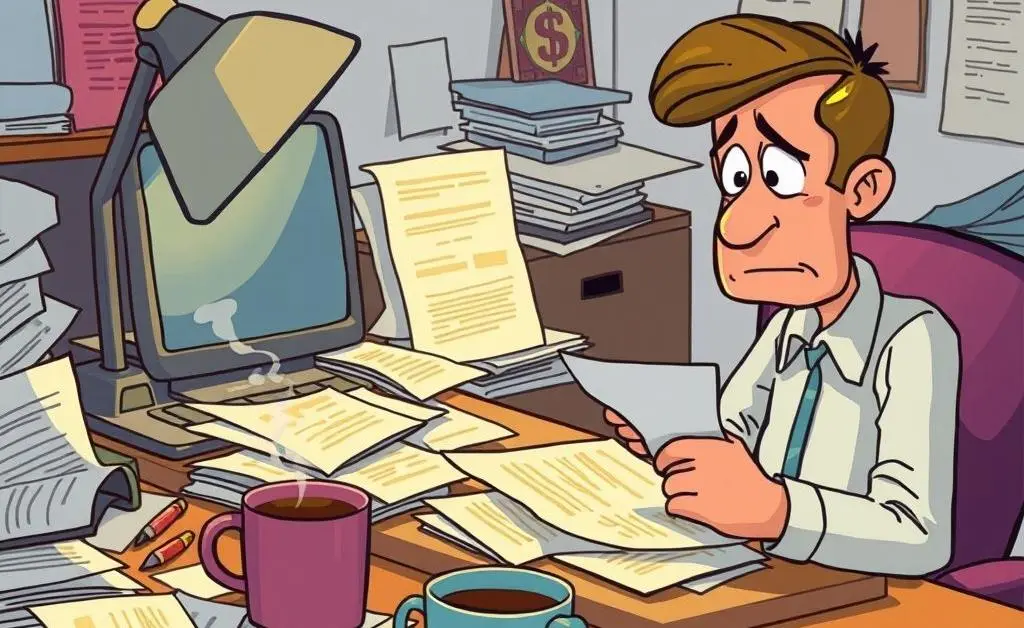
Handling a Totaled Car
If your car is deemed a total loss, the insurance company will typically pay you the vehicle's market value before the accident. But what if their offer seems unfair? Don't be afraid to negotiate. Presenting strong evidence like detailed repair estimates or comparable car listings can support your case.
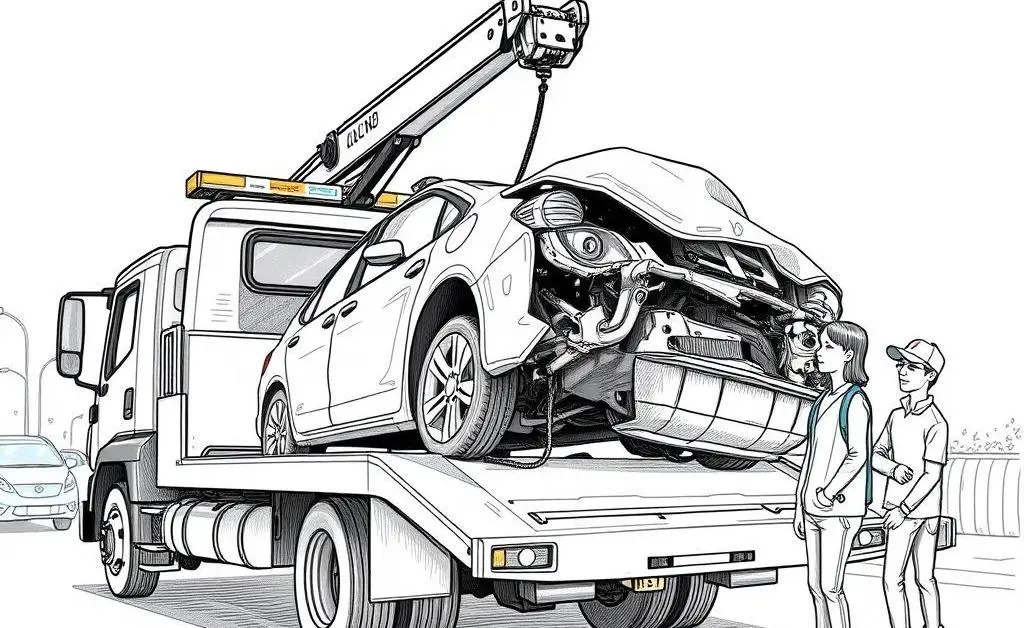
From Personal Experience: An Anecdote
A close friend once found herself in a similar situation. Her car was rear-ended, and the insurance company initially offered a settlement that didn't cover her loan payoff. After a bit of friendly negotiation and showcasing her car's impeccable maintenance records, she secured a higher payout. The lesson? It's okay to stand your ground and advocate for yourself.
Moving Forward: Financial Recovery
Beyond the immediate chaos and paperwork, there's a financial aspect to consider. How will this affect your future premiums? And what are your options for a replacement vehicle? Discuss with your insurance agent how this incident might influence your rates and explore financing options if you're needing a new car.

Questions Still on the Horizon
While dealing with the aftermath of an accident is never fun, understanding the process and possible outcomes can make a world of difference. Have you ever been in a similar situation? How did you navigate the complexities? Sharing our experiences helps us all learn and support each other along the way.


